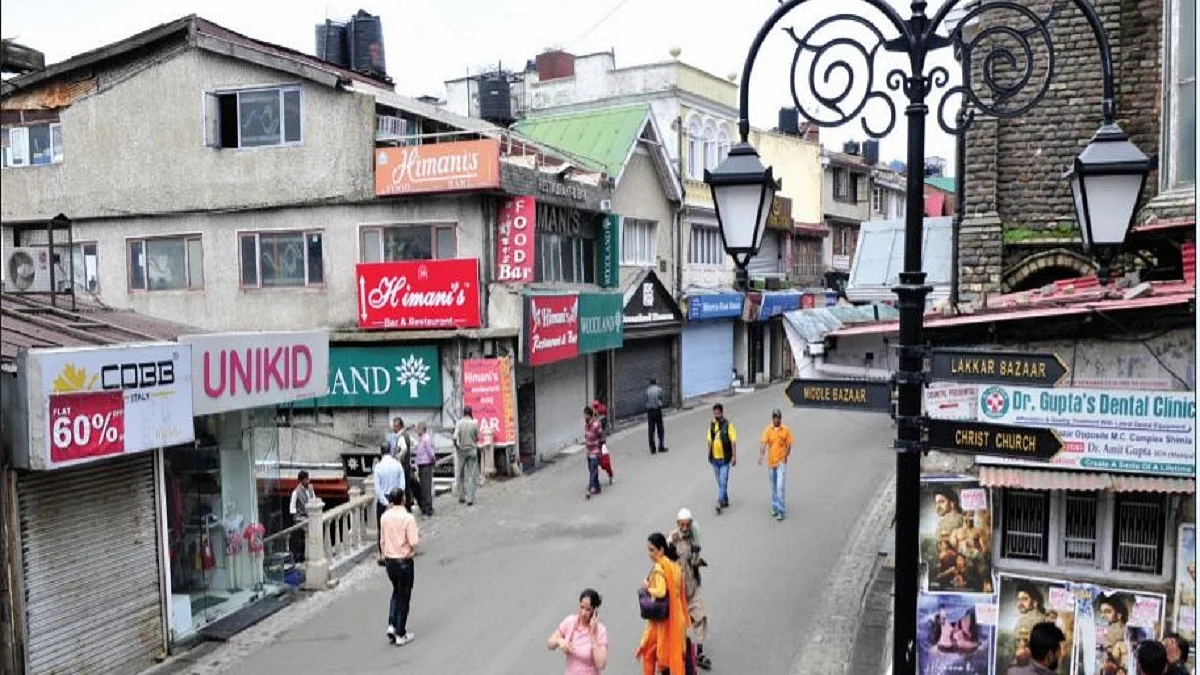Crystal Gazing: End of the COVID era
Our revoltingly unequal and stagnating economy, our moribund polity and our obsolete feudal and medieval mind sets need to change

Among the first globally acknowledged Indian scholars, Irawati Karve described the end of an era in these words in her seminal study of the Mahabharat war, Yugant (published, 1967): “…everything changed. The ideals of truth, valour, fidelity, devotion that were all taken to extremes…”. Great wars and perhaps pandemics mark the end of an era and the beginning of a new one and COVID (Coronavirus induced disease) is possibly a similar marker in human history.
Many of our congested mega cities are now hotbeds of the virus because most of them were built centuries ago, some during the medieval age. Delhi, Pune, Lucknow, Allahabad and Ahmedabad were not built for cars and two-wheelers but for a much slower age. The cities are still medieval architecturally and retain old attitudes towards class, caste and religion.
The only difference today perhaps is that the streets are not littered with the sick or the dying. But like Italy at the beginning of the 14th century, in Indian cities the very prosperous co-existed with the very poor. Mumbai, Bengaluru, Hyderabad and Calcutta till recently had looked like they were hotbeds of global capitalism. Others like Goa and Uttarakhand and Pondicherry (Puducherry) developed as idyllic tourist resorts for tired merchants, ancient feudals and of course the politicians’ kin. But this hid medieval thinking about medicine. The elite urged the sick and the fearful to try out Ayurvedic remedies, to consume cow urine, untested Coronil tablets, pray, blow conch shells or bang pots and light lamps while chanting, “Go, Corona, go”.
Boccacio writing about Plague struck Italy in the 14th Century mentions how people decided to enjoy whatever pleasures life could provide, formed groups and isolated themselves, regaling each other with exaggerated humour and stories. Like Boccacio’s tales from Decameron, much of our news media and social media have been busy regaling us with stories. Priests, politicians, Bollywood actors are all described amoral, hypocritical or gold-diggers. Lustful godmen and somewhat stupid shamans make for good stories and there is a surfeit of it. One wonders what Boccacio would have made of it.
With the overthrow of the medieval order in Italy, followed the Renaissance, a brilliant new age for sciences, arts and political thought. One wishes something similarly dramatic may happen once the world wriggles out of the iron grip of COVID-19.
The chroniclers of the Black Death described the crumbling of the family. We are also seeing it happen as many migrants begin to trek back following the realisation that they are either not welcome back home or the families and village communities were no longer what they were.
In cities psychiatrists are reporting extreme outbursts of temper and clashes between family members confined to a tiny space with severely restricted mobility for months. The concept of institutional care for the sick and the elderly away from home is also undergoing a change.
In 1918 after the Spanish Flu pandemic, the British elite ruling India sent their families to the hills to isolate them. But they discovered that the two-tier civilian structure they had created in hill stations by developing a spick and span Civil Lines for themselves while allowing Indian natives to wallow in filth in the Bazaar areas was hazardous to their own health and wellbeing. That is when the first Health Boards and epidemic management laws were crafted and hospitals built for both Sahibs and their Khansamas, Dhobis and Ayahs and their families without whom homes could just not be run. COVID will lead hopefully to similar changes in healthcare.
Profound changes are of course expected in the sphere of employment. A major part of the services sector is being replaced before our eyes with online deliver systems. Likewise, education and entertainment are fast turning digital, bidding good bye to cinema halls and restaurants. Many, like journalists, when they return to work will find there’s no work for them. New opportunities and new skills will ring out the old.
Whether we like it or not, COVID will bring about far reaching changes in both economy and politics. But nobody quite knows what will change, when and how. As the old order collapses, the relationship between Capital and Labour will get redefined. What we are seeing today is a car rolling down a cliff, still spluttering and occasionally straightening as onlookers watch with horror and bated breath, not sure who or how many would survive.
Corporate lifestyle that necessitated constant flying across time zones and sleepless share markets will possibly change for the better. Outsourcing of work to sweat shops in third world nations and short term deposits with questionable hedge funds and long term bank loans on the back of ‘political connections’ may just give way. Our nationalised banks, too used to work conventionally and for too long, will also change. No matter what the Prime Minister says, in the absence of even an expanding domestic market, our traditional arts and crafts may languish.
Millions of deaths in the post-first-world war Spanish Flu and the WW fuelled a sense of urgency to the freedom struggle and Gandhi Ji’s Satyagraha movement in India and movement by women in Europe for voting rights. It was not a coincidence that women and men in Europe supported and admired Mahatma Gandhi. They were all shaped by the same fresh winds of change.
Can COVID act as a catalyst for change? Our revoltingly unequal and stagnating economy, our moribund polity and our obsolete feudal and medieval mindsets need to change. Revulsion needs to spur a revolution, light a spark and fresh imagination in order ring in a new order.
Follow us on: Facebook, Twitter, Google News, Instagram
Join our official telegram channel (@nationalherald) and stay updated with the latest headlines
